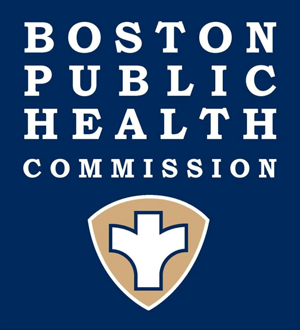Public Resources
Public Resources
Strengthening Community Support Systems by Enhancing Continuity of Operations for Community-Based Organizations
Abstract | Presenter Information | Presentation Materials
Abstract[edit]
Community-based organizations (CBO’s) are a centerpiece of community resilience. When an emergency happens, community residents will often turn to the organizations they already depend on for the resources and information they need most. It is critical for these trusted CBO’s to keep their doors open to meet community needs, while also serving as a conduit for access to the broader public health support system.
Continuity of operations (COOP) planning is standard practice for public health and healthcare agencies, due in large part to regulatory requirements. As such, training, templates, and other tools are readily available for these types of agencies. This is not the case for many types of CBO’s, however. Furthermore, there are some unique planning considerations that need to be taken into account for CBO’s, such as the specific populations they serve, reliance on government and community partners for certain operational needs, and financial and budgetary considerations.
This session reported on the results of a recent project in Boston where public health and emergency managers partnered with CBO’s to provide continuity of operations training and technical assistance. The focus of this project was to assist community-based organizations (CBO’s) that serve populations with demonstrated social vulnerability, such as youth, older adults, residents with disabilities, those with linguistic or cultural isolation, low to no income, or homeless, including community health centers. The project was facilitated by a core working group comprised of regional stakeholders who assisted in identifying key community partners, and included delivery of a one-day workshop, with additional learning sessions available to the CBO’s to coach them through the process of completing their COOP plans. The workshop provided foundational knowledge on emergency preparedness, basic COOP planning skills, and tools to use to build organization-specific COOP plans.
Session attendees gained access to the CBO-focused training curriculum.
Learning Objectives
- Describe emerging practices and theories that can be applied to improve community preparedness and community resilience at the local, state, tribal, and national levels
- Discuss key elements of Continuity of Operations (COOP) plans for CBO’s
- Use training tools provided to enhance continuity of operations of CBO’s in their own communities
Presenters[edit]
Mea Allen, MA, M.Ed.
Associate Director, Education & Training
Stacey Kokaram, MPH
Director, Office of Public Health Preparedness
Courtney Grey
Director, Disaster Behavioral Health

